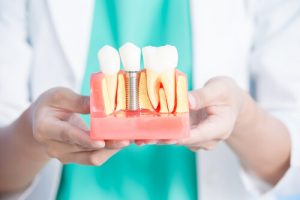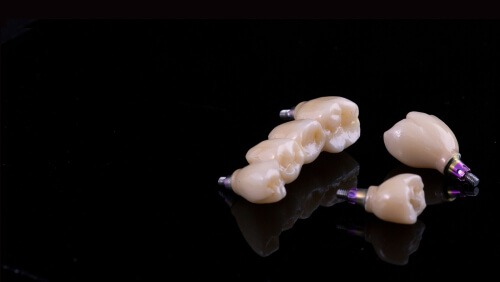What are dental implant failure rates? This article will talk about dental implants, their success rates and how a person can prevent dental implant failure. You can also check this post if you’re wondering if dental implants are safe. SNK Dental in St. Mary offers quality dental implants at affordable prices. Check out their website today.
What are dental implants?
If a person has suffered from missing teeth, a good option for them to consider is a dental implant. Although dental implants use a mildly invasive procedure, if the dental implant is successful, it will provide the necessary pressure that the jawbone needs to prevent any bone loss.
Most dental implants will be put into a patient’s jaw without incident. The success rate for dental implants is quite high. If the person takes care of their implants, there is a higher likelihood for the dental implants to be successful.
Signs of dental implant failure
There are various signs that a person can be wary of to be able to recognize dental implant failure.
Difficulty chewing.
If a person has a difficult time chewing, this may be a sign of a failed implant. The person should be wary of any discomfort while they chew with the implant.
Gum inflammation
If there is inflammation in the gum, it may be caused by a failed implant. Since the implant is put below the gum level, there is a chance that the gums had become infected or irritated because of the failed implant.
Gum recession
The same is true if the person is showing signs of gum recession. Gum recession is a sign of infection and unhealthy gums. The reason behind this may be because of a failed implant.
Swelling around the area
The dental implant may also be failed if there is swelling around the area of the implant. The person should monitor the swelling, if it does not subside with a cold compress or anti-inflammatory medicines, it may also be a sign of a failed implant.
Loosening of the implant
If the implant is loose, the person will be able to feel it as they chew or try to touch the implant with their tongue. Implants should never come loose, so this is a sure sign that the implant failed. The reason may be possible bone loss in the area.
Severe pain
Pain is always a strong indicator that something is wrong. If the person feels pain when they chew or bite down using the implant, it may have been dislodged or removed from its place in the jaw bone.

How to prevent a failed dental implant from occurring
Good oral health is the key to making sure that the implant will be placed successfully. Good oral health ensures the health of the jawbone, as well as the gums surrounding the implant site. Checking in and visiting your dentist regularly will make your mouth free from any oral health issues that may cause complications with the dental implant.
You can ask your dentist about the risks, complications and other aspects of getting dental implants. They will help put your mind at ease about dental implant failure rates even before the procedure begins.

